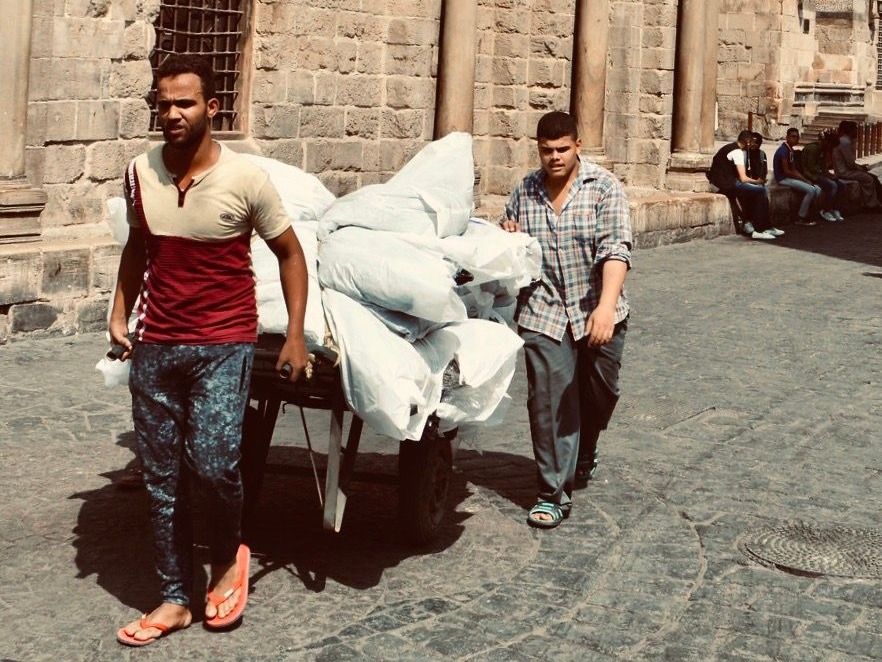GENEVA (AN) — At least one of every six young workers has been idled during the COVID-19 pandemic and their long-term unemployment could create a "lockdown generation," the U.N. labor agency warned on Wednesday.
The International Labor Organization, reporting on the pandemic's devastating economic impacts worldwide, said the equivalent of 305 million full-time jobs were lost in the second quarter of this year, while the working hours of those who remain employed have been cut by 23% on average.









